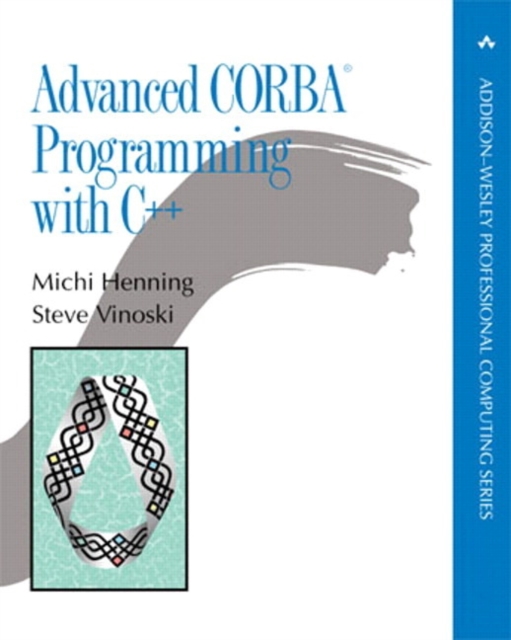
Advanced CORBA(R) Programming with C++ EPUB
by Michi Henning, Steve Vinoski
EPUB
Description
Here is the CORBA book that every C++ software engineer has been waiting for. Advanced CORBA(R) Programming with C++ provides designers and developers with the tools required to understand CORBA technology at the architectural, design, and source code levels. This book offers hands-on explanations for building efficient applications, as well as lucid examples that provide practical advice on avoiding costly mistakes. With this book as a guide, programmers will find the support they need to successfully undertake industrial-strength CORBA development projects.
The content is systematically arranged and presented so the book may be used as both a tutorial and a reference. The rich example programs in this definitive text show CORBA developers how to write clearer code that is more maintainable, portable, and efficient. The authors' detailed coverage of the IDL-to-C++ mapping moves beyond the mechanics of the APIs to discuss topics such as potential pitfalls and efficiency. An in-depth presentation of the new Portable Object Adapter (POA) explains how to take advantage of its numerous features to create scalable and high-performance servers. In addition, detailed discussion of advanced topics, such as garbage collection and multithreading, provides developers with the knowledge they need to write commercial applications.
Other highlights
- In-depth coverage of IDL, including common idioms and design trade-offs
- Complete and detailed explanations of the Life Cycle, Naming, Trading, and Event Services
- Discussion of IIOP and implementation repositories
- Insight into the dynamic aspects of CORBA, such as dynamic typing and the new DynAny interfaces
- Advice on selecting appropriate application architectures and designs
- Detailed, portable, and vendor-independent source code
Information
-
Download - Immediately Available
- Format:EPUB
- Pages:560 pages
- Publisher:Pearson Education
- Publication Date:17/02/1999
- Category:
- ISBN:9780672333941
Other Formats
- Paperback / softback from £49.69
Information
-
Download - Immediately Available
- Format:EPUB
- Pages:560 pages
- Publisher:Pearson Education
- Publication Date:17/02/1999
- Category:
- ISBN:9780672333941






